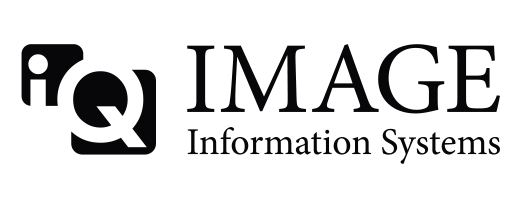Hi Marcel
I search for a way to delete mag devices from the SQL-Database (mySQL) of a daily working Conquest Dicom Server (1.4.17d) .
This server uses 15 Mag device folders on 6 SAN disks. The data has to be transfered to an new Windows server.
The idea is
- unplug the disk with the eldest data (since 2006)
- plug it to the new Windows server. There is a new installation 1.4.19d1 with SQL-Lite
- create the entries in the new database with the button "regen single device"
- on the old server delete the database entries linked to the unplugged data
- delete the entry for the deleted mag device in dicom.ini
- repeat from step 1 until the last disk is transfered
In forum searches I found 6 threads with simular solutions, but no solution for deleting only database entries linked to a specific mag device.
Has anyone an idea for step 4?
Thank you

